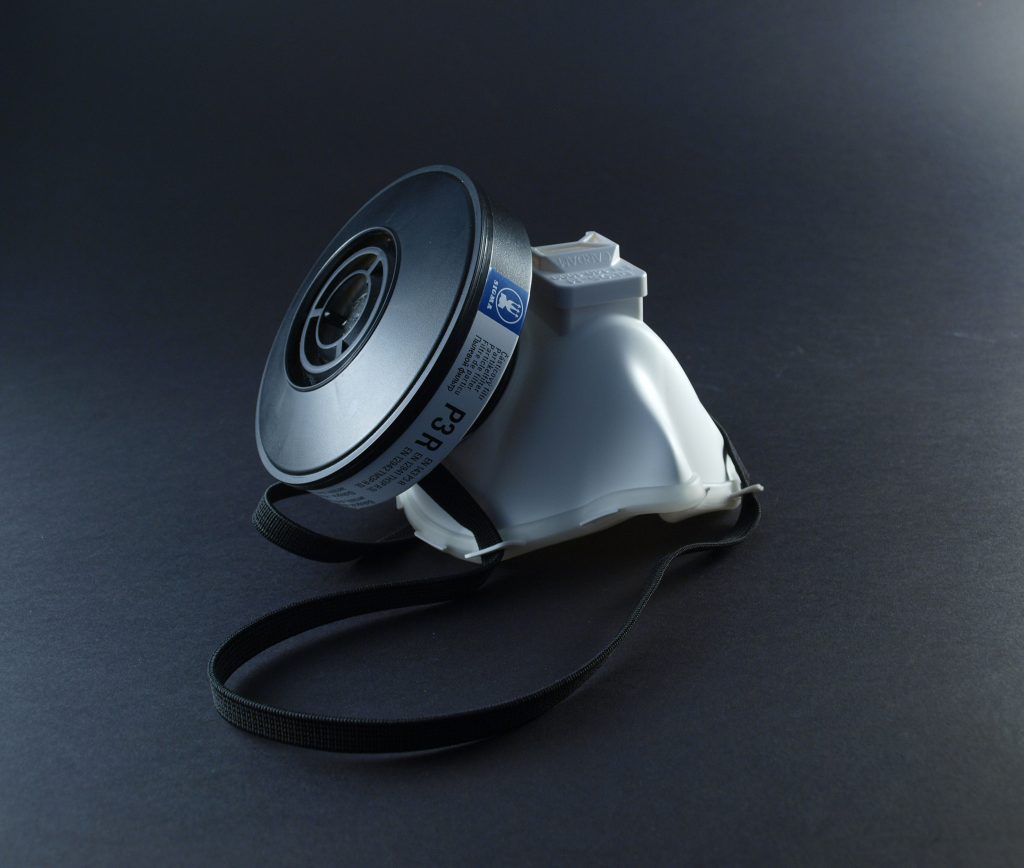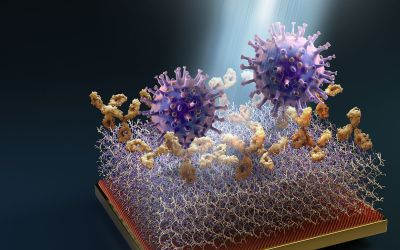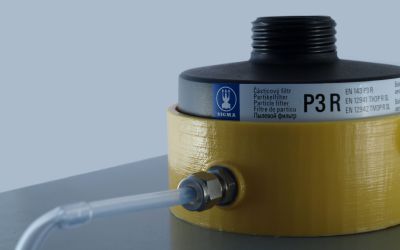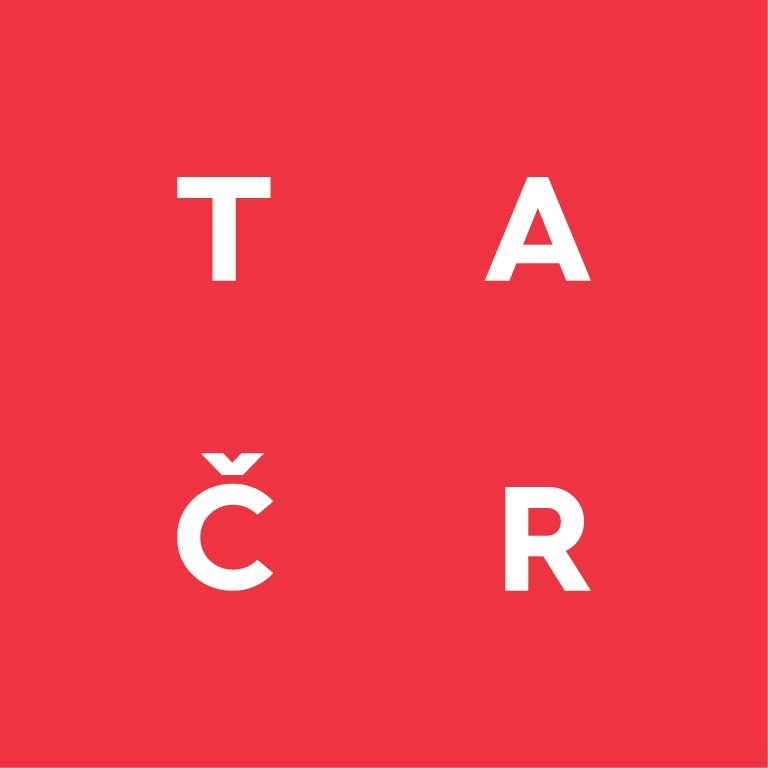Vyhledávání
The members of the NCC for MATCA are launching the serial production of protective masks
The matter of seconds rather than minutes. The production of key parts for new RP95-M highest protection class half-masks is very fast and was rolled out in record-breaking time. The masks are manufactured by CARDAM in cooperation with other partners within a consortium, with the support of external companies. They have launched serial production of 50 000 pieces per week.
“The masks enable the use of disposable filters, including P3 R filters, which exceed the FFP3 protection class,” explains Michael Prouza, the Director of the Institute of Physics of the Czech Academy of Sciences, where researchers have developed a special chamber for tightness testing.

To be able to produce the mask in series, researchers had to adapt a prototype of the mask which had been developed by the Czech Institute of Informatics, Robotics and Cybernetics of the Czech Technical University (ČVUT). A start up company ČVUT TRIX Connections provided its prototype of the mask based on an exclusive licence that enabled the development and design of the RP95-M model that was adapted for serial production by CARDAM and Beneš a Lát.
Interplay between academia and industry
The cooperation between researchers and production companies on innovating the mask and launching serial production was based on experience from previous projects implemented within the National Centre of Competence for MATCA as well as on personal dedication of dozens of people. “This was the best example of a well-orchestrated interplay between academia and industry,” says Miloslav Klinger from the Institute of Physics of the Czech Academy of Sciences.
“For example, to speed up the production of casting moulds, the casting job was divided between six workshops, which were working in parallel to produce 10 casting moulds,“ adds Jan Lát from Beneš a Lát. A major role in creating conditions for this type of cooperation was played by the Technology Agency of the Czech Republic.
A key mask parameter is its tightness. “Each mask will be subjected to conditions that are much more demanding than during regular operation. Our aim is to supply first-line workers only with the best-quality masks,” explains Tomáš Jetmar, the leader of a team responsible for the development of the testing equipment which was designed directly at the Institute of Physics of the Czech Academy of Sciences.
Higher quality, lower price, longer life cycle
The new type of mask is much less expensive than for example FFP2 respirators that provide a significantly lower protection level. “In comparison with commonly available FFP2 respirators, the costs for monthly operation are more than ten times lower,“ says Ondřej Kurkin, the Director of CARDAM.
As the mask is made of robust materials, it can be re-sterilized. The life cycle of the mask has been determined to be at least one hundred sterilization cycles in an autoclave, and a limitless number of disinfections.
The P3 R particle combined filter corresponds to the maximum protection class, and, according to the filter manufacturer AVEC CHEM, they can be successfully used for about a week of uninterrupted operation in the clean-room environment of a hospital. In addition, the work is in progress to develop a filter disinfection method for extending the life cycle of the P3 R filter; this project is a cooperation between the Institute of Physics of the Czech Academy of Sciences and SIGMA Research and Development Institute.
The Institute of Physics is also coordinating the distribution of one of the first orders of 1200 protection masks to be delivered to researchers working at biological and chemical institutes of the Czech Academy of Sciences involved in testing and other activities to fight covid-19.
Adapted from a press-release of the Czech Academy of Sciences.
An interview with Ondřej Kurkin about mask production
Other activities in the fight against COVID
New detection system
We are developing a new detection system that would combine the advantages of other approaches – speed, simple design, and the ability to detect coronavirus, not antibodies.

Ozone disinfection
We are developing portable and stationary disinfection and decontamination devices based on an ozonier of proprietary design.


 The NCK for MATCA is supported by the
The NCK for MATCA is supported by the